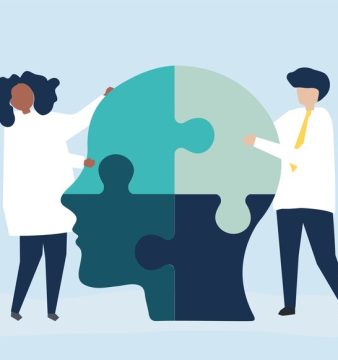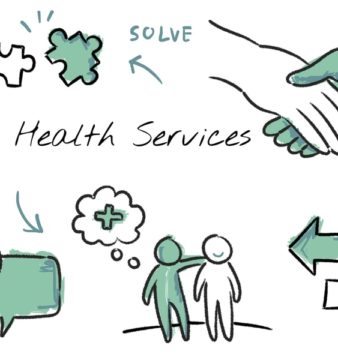An Expert’s View on Mental Illness Amid COVID-19: An Interview with Dr Eiman Mohammed
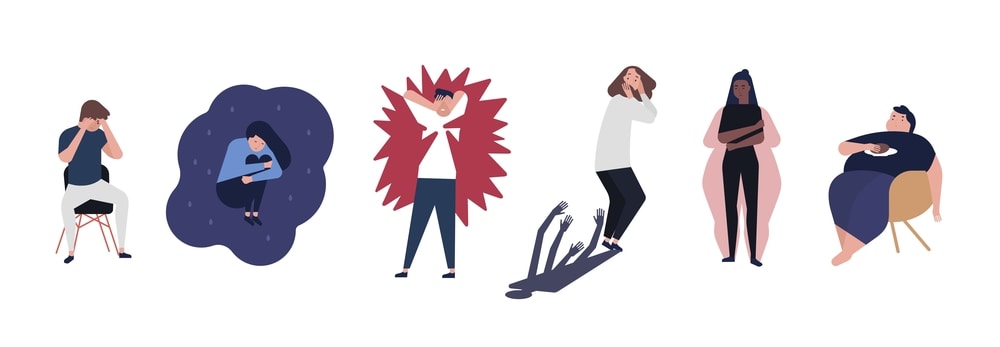
With April coming to an end, the world is completing four months and entering a fifth month of battling the COVID-19 pandemic. The global outbreak has been an ordeal for health workers and medical professionals as no definitive cure or vaccine has been discovered yet. Signs of relapse has emerged amongst recoveries, as some of them have tested positive again after being declared healthy. This has forced authorities to extend lockdowns, commerce and education are at a state of halt, with some of them having to carry on working remotely from home, until the pandemic is no longer a threat.
For many, staying at home is an advantage, a chance to spend time with family, relax, recharge, and re-gain focus. However, for others, time spent at home might be difficult, as some are forced to endure tough life conditions, domestic issues and fight mental illnesses. Prolonging lockdowns only means more challenges for these people.
To gain perspective and shed light on the matter as to how to navigate through this period in a healthy manner, 500 Words Magazine conducted an interview with Dr Eiman Mohammed, a medical officer at El Sharif Psychiatric Hospital.
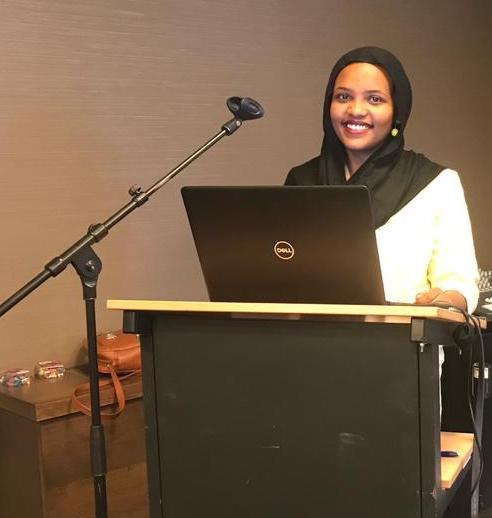
Dr Mohammed, can you please begin by telling us more about yourself.
I’m a graduate of Sudan international university, medical school class of 2017, currently specialising in psychiatry. In 2018, I co-authored and published a paper titled “Prevalence of Depression Among Medical Students in Sudan International University”. It was my graduation research, published in Journal of Nursing & Health [ISSN 2475-529X] following my participation in a clinical psychology conference in the Netherlands.
So our readers can have a better understanding of mental illness, can you please clarify what a mental illness is?
A mental illness is change or irregularity in brain functions and chemicals, leading to disruptions and abnormalities in behavior. Illnesses vary in definitions and effects, I name from them schizophrenia, bipolar disorder, depression, delusional disorder, post-traumatic stress disorder (PTSD), personality disorder, anxiety and addictions.
How do medical professionals diagnose mental illnesses?
Currently, there are two famous diagnostic systems for mental disorder:
1. The Diagnostic and Statistical Manual of Mental Disorders, Fifth Edition (DSM-5)
2. The International Statistical Classification of Diseases and Related Health Problems, 10th revision (ICD-10)
The used method in Sudan is DSM-5. In DSM-5, the medical professional collects details and symptoms of illnesses in a criterion to make it easier for problems to be diagnosed.
So the patient must build up symptoms?
Mental disorders are more like syndromes. Usually, they are composed of collection of symptoms, we cannot diagnose a disorder by only knowing one or two symptoms, a syndrome in itself is a collection of symptoms, signs, and findings that when collected together give us the disorder. For example, in physical illness, a fever is a common symptom that tells you there’s something wrong but cannot tell precisely what it is, but when combined with other specific symptoms a preliminary diagnosis can then be reached.
Can you please share a story of a patient you interacted with that resonated with you?
I had an interaction with a 25-year-old lady who had bipolar disorder since she was 13. She was doing well with her medication until her family started abusing her physically and emotionally, causing her to relapse and become anxious. I remember when she first came to the clinic, she was in a difficult state, seeking emergent assistance. She was admitted and treated with care. We had a strict conversation with her family and explained the repercussions of their actions. Thankfully, a few days later, she started improving, and was then discharged. It is important to say here that many patients have sensitive and fragile personalities. They should not be treated harshly or blamed for their nature. Abuse in all shapes and forms is not allowed as mostly environmental factors provoke the illness.
Some think that their mental illness was inherited. Is that possible?
I have seen schizophrenia run in families, but scientifically it hasn’t yet been proven that psychiatric illnesses are inherited. There is no such thing as the Gene for schizophrenia, for example. There are only theories claiming so, and two schools are currently followed to determine the origin of a mental disease, Biological and Psychological, and factors causing mental illnesses can be combined in what’s known as Bio-Psycho-Social model, it is a model that helps us form a better understanding of mental illnesses’ origin. The Bio focuses on differences in brain chemicals from one another, and whether this person suffers from physical illness. The Psychological mainly tells about the differences in how each of us senses themselves, others around them, and the world. And the Social part is concerned with family, life difficulties, and social support. Each of these is considered a contributing factor to mental illness.
For those who are forced to endure difficult conditions at home during the lockdown, what do you say to them?
Sadly, those are the most affected individuals in the current lockdown. If it’s possible, I would advise them to adopt stress relieving activities and try to maintain their physical and mental health to the max. For example, if someone is suffering from domestic violence, there are numbers for organisations and bodies that they can contact to intervene. I also recommend to keep in touch with their friends and close ones. Talking is essential.
Any other important notes you wish to add?
A simple advice for everyone to maintain their sanity during these tough times, an agreed-on method known as the five ways to wellbeing. I wish everyone a blessed Ramadan and good health, I urge everyone to take care of themselves, use these days to work your way around your problems.
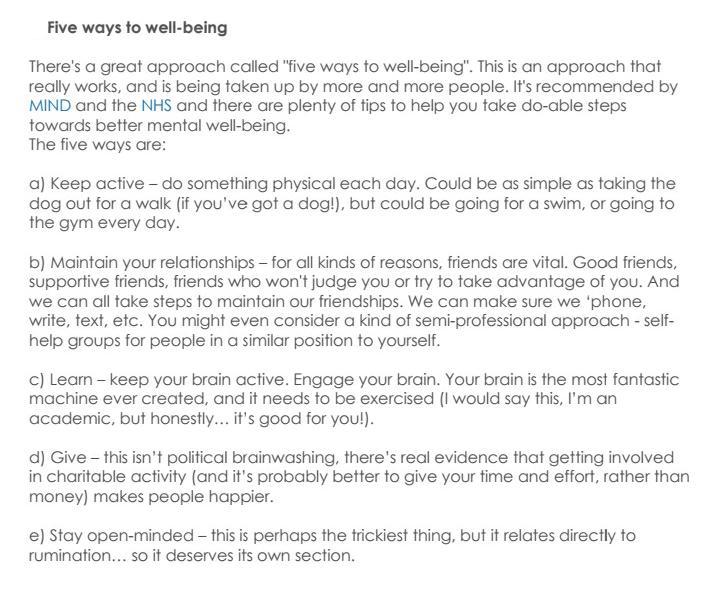
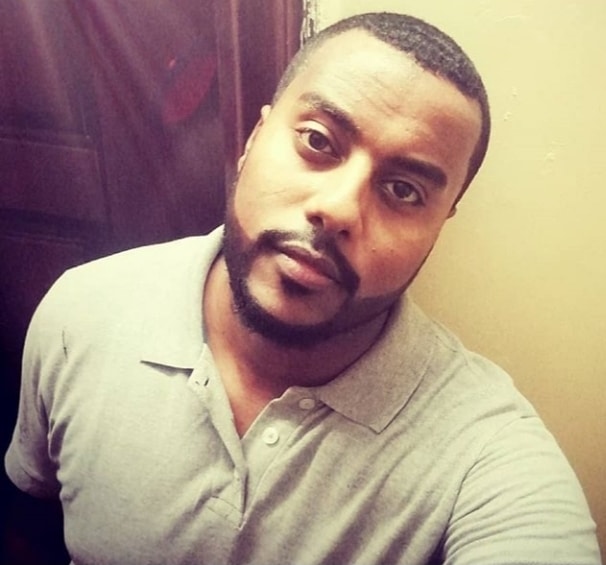
Tony Malik is a 27-year-old IT graduate of National Ribat University (Class of 2013), residing in Sudan and the UAE. His professional background includes marketing, IT, writing & translation, and business administration. He is a former writer for Sudan365.net and Goethe Institute-Sudan, and a member of German-Sudanese cooperation group.

